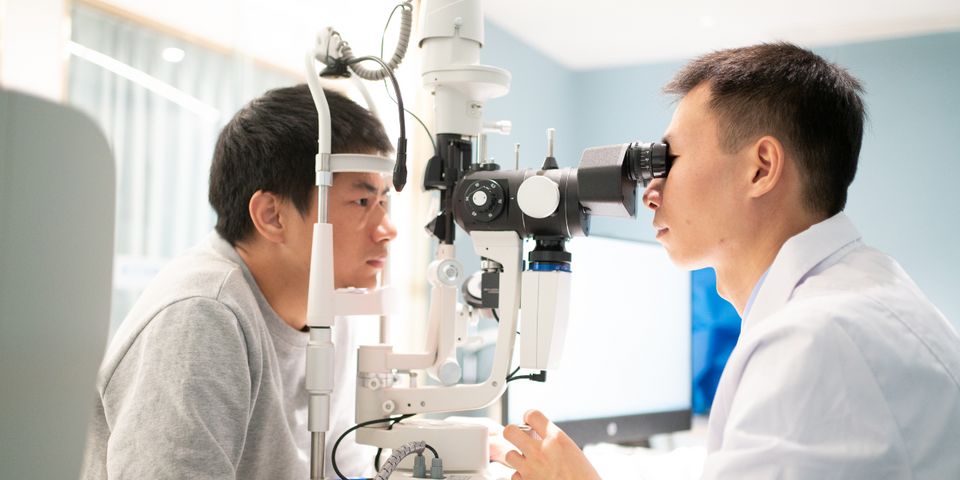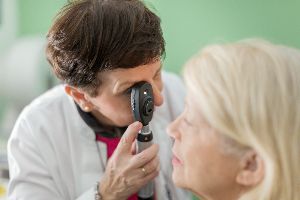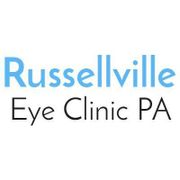
Most people with diabetes or at risk of it know that it’s characterized by the body’s failure to produce enough insulin to regulate blood sugar levels. While it may not seem like it could offer much information about this condition, an eye exam can provide a wealth of information useful in monitoring the disease and assessing patients’ risk of further complications. Here are a few things those with diabetes can expect during an exam.
What Does a Diabetic Eye Exam Involve?
The tests and procedures included in eye exams for diabetics can vary depending on specific needs, health concerns, and potential risks as assessed by a doctor or examiner. One of the most commonly-performed procedures is a visual acuity test, during which an eye doctor will use an eye chart to measure the clarity and strength of your vision and to determine if it’s changed since your last exam.
After that, most doctors will dilate the pupils to carry out a fundoscopy, or an inspection of the fundus, the area at the back of the eyeball, for signs of diabetes-related damage. If necessary, the examiner may record images of the fundus for inclusion in your medical records or to further investigate potential issues. The examiner will also record the pressure levels inside the eyes and examine the optic nerve.
What Do Doctors Look For?

The human eye is a particularly blood-rich organ, which is why diabetes, as a disease which heavily impacts the circulatory system, is cause for more advanced eye exams than other patients receive. Diabetic individuals are therefore at a much higher risk of eye health conditions such as diabetic retinopathy, a condition caused by diabetes-related damage to the blood vessels in the retina.
A related condition is diabetic macular edema, a swelling of the macula, the part of the eye responsible for central vision. One of the earliest symptoms of this issue is blurred vision, which is why a visual acuity test is a standard component of diabetic eye exams.
Similarly, those with diabetes are at a heightened risk of both cataracts and glaucoma. Abnormal eye pressure levels and damage to the optic nerve are common warning signs of these conditions, so eye doctors look for any changes to these factors when assessing their patients’ risk.
When you need to schedule a comprehensive diabetic eye exam, get in touch with Russellville Eye Clinic PA. Serving patients throughout Pope County, AR, this eye health center offers a full range of diagnostic services for patients with diabetes, including routine exams and useful visual health advice. Call (479) 968-7302 for an appointment, and visit their website to learn more about their services.
About the Business


